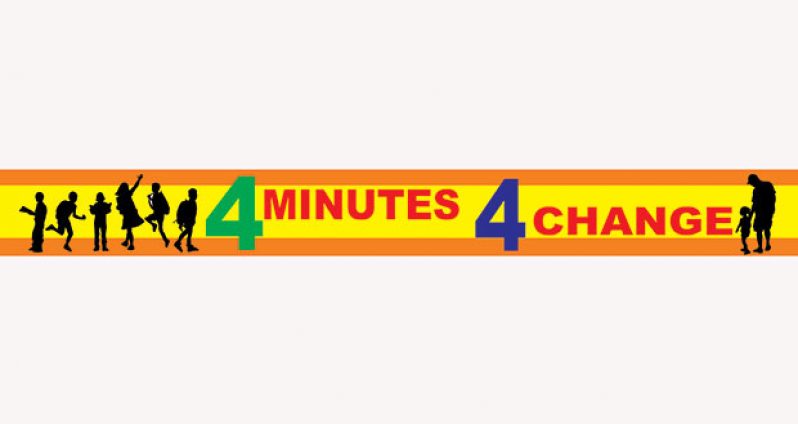A LISTENING EAR
A teenage boy said to me, “I hate my parents!” and his words touched a maternal place inside of me. Where was this coming from, I wondered. I was just an ordinary person offering a listening ear, but I knew that my inner reaction to his statement did not compare to the psychological pain he was going through, or the torment he was living and the burden he was carrying around inside.When you’ve lived as long as I have, (over half a century) you realise that, at his tender age, he didn’t really mean ‘hate’; hate is such a strong and ugly word. What he meant was his parents have hurt him to his core, and he does not understand why they behaved the way they did towards him.
How could his parents, who are meant to love and protect him, cause him so much sadness? In contrast with his thoughts of ‘hate’, it is an underlining fact that, like all children, he still yearns for his parents’ love, acceptance, and respect. Occasionally his mixed emotions may even have him ‘missing’ the very parents he claims to ‘hate’.
Children naturally need attention, approval and encouragement from their parents, in order to strive, grow and progress in life with a sense of well-being and confidence. But this teenage boy had had none of those positive experiences from his parents, and at this point in his life he seemed deflated. He had been taken into care and was living in a children’s home for a while now, and by all means and purposes, he preferred it there. His very words to me were, “Even though my parents are receiving counselling to make things better, I never want to go back home.”
He arrived at the children’s home with the anger of his traumatic past at the forefront of his mind. He had to find a way to come to terms with the transition that his life was taking. He was separating himself from his family, his siblings, the folks that he knew all his life, his home and every inch of his normality to live among others — virtual strangers — in a children’s home. He needed to offload, to talk, to shout, to scream; therefore, it wasn’t long before he had manoeuvred himself into a fight. It wasn’t a little fight, and he got hurt, but the fight may have relieved some of his ‘stress’, as he called it. It also allowed him to concentrate and nurse the bruise and pain on the outside, which was a necessary distraction from the anguish lurking around on the inside.
When I met him, my first impression was ‘What a co-operative, articulate young man’. After speaking with him for a while, I felt ‘This young man has a lot of potential’. I told him so and he said, “But I can barely read and write.” “Don’t worry,” I replied, “all that will come in time”. Now I am sitting here wondering how long it will take for him to find a peace of mind and arrive at a place where he can be proud of his achievements.
Sometimes being in a children’s home can be a blessing and a stepping stone for young people; a place of refuge where, in time, they can find a sense of direction at a stage in their lives when they need it the most.
Parenting tip: To love a child is to bring out the best in him/her
This is a message from the Childcare and Protection Agency of the Ministry of Social Protection. The Childcare and Protection Hotline number is 227-0979 or email childcaregy@gmail.com



.jpg)








